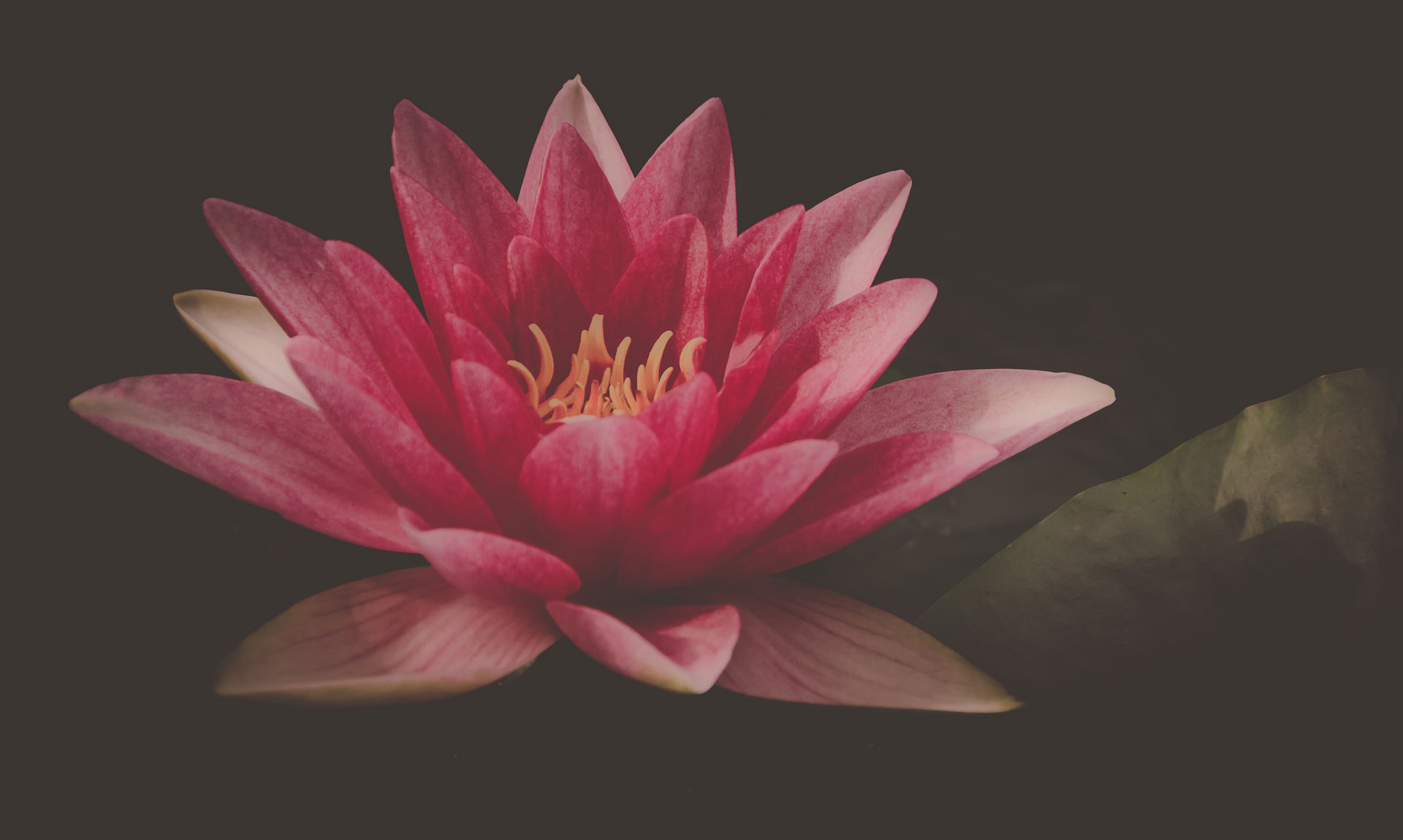
UNSILENCED
I have loved poetry since I was a kid. I was struck by the pattern of words on a page, unfettered by the confines of grammatical correctness. This is particularly appealing to a kid’s imagination. The prospect of creating images with words without the worry of “proper punctuation” is truly liberating. My earliest memory of writing poems was at the age of twelve. I have been writing ever since.
Recently, I came across an article about a Jewish Polish poet named Zuzanna Ginczanka (1917 – 1945). The fact that she was Polish was of particular interest, as I am descended from Polish parents. The equally important fact that she died in 1945 also caught my interest. Her death was at the end of World War II. My father was a prisoner of war. He was a Polish soldier, and a Christian. He shared his prison space with a Polish Jew. They both survived. Zuzanna did not.
According to biographical notes, Zuzanna wrote her first poem at the age of 4, her first ballad at the age of 8, and her first published poem at the age of 12. This in itself is inspiring. Further reading reveals that she was incredibly beautiful – her appearance considered to be exotic. No doubt this was a mixed blessing. Talented and beautiful, she quickly established herself in the pre-war bohemian circle of artists in Warsaw. Her first and only published book of poems called O Centaurach (On Centaurs) released in 1936 is still considered a classic in literary circles and continues to be read and reviewed by poetry enthusiasts to this day.
Zuzanna was arrested in the autumn of 1944, and executed in early January, 1945 – shortly before the liberation of Krakow. She was 27.
The one poem that remains her legacy is called Non Omnis Moriar – Not All of Me Will Die. In the poem she names the woman –a neighbour – who betrayed her. This in itself is quite something as a final testament. The words of the poem itself are resounding in their indictment of human betrayal, and the tragic consequences.
…..Neighbours, you – that’s more than empty name.
I still remember you, when the Schupo came,
You remembered me. Reminded them of me.
May your friends sit down and raise their jugs
To drink away my death……..
……………………And then my blood will cling
To fiber and to fluff and form the wings
Turning those in seventh heaven into angels.
To say the words are powerful is an understatement. What strikes me most profoundly is Zuzanna’s reference to the “seventh heaven”, which is a reference to the Book of Revelations – a well known part of the New Testament. The seven trumpets, or angels are said to announce the human souls in heaven who have become transformed into creations of an angelic nature. In life, as in death, Zuzanna saw herself as a Polish poet. Yes, she was Jewish. But a Polish poet first.
This resonates deeply with me. As a woman in her 60s, I continue to appreciate and write poetry. Not only because it allows me to create images with words unrestricted by the confines of grammatical correctness. But also, because poetry bridges the gap between cultural/religious bias and human integrity. To this day, Zuzanna’s voice remains unsilenced – her spirit impacting anyone who takes the time to listen.




